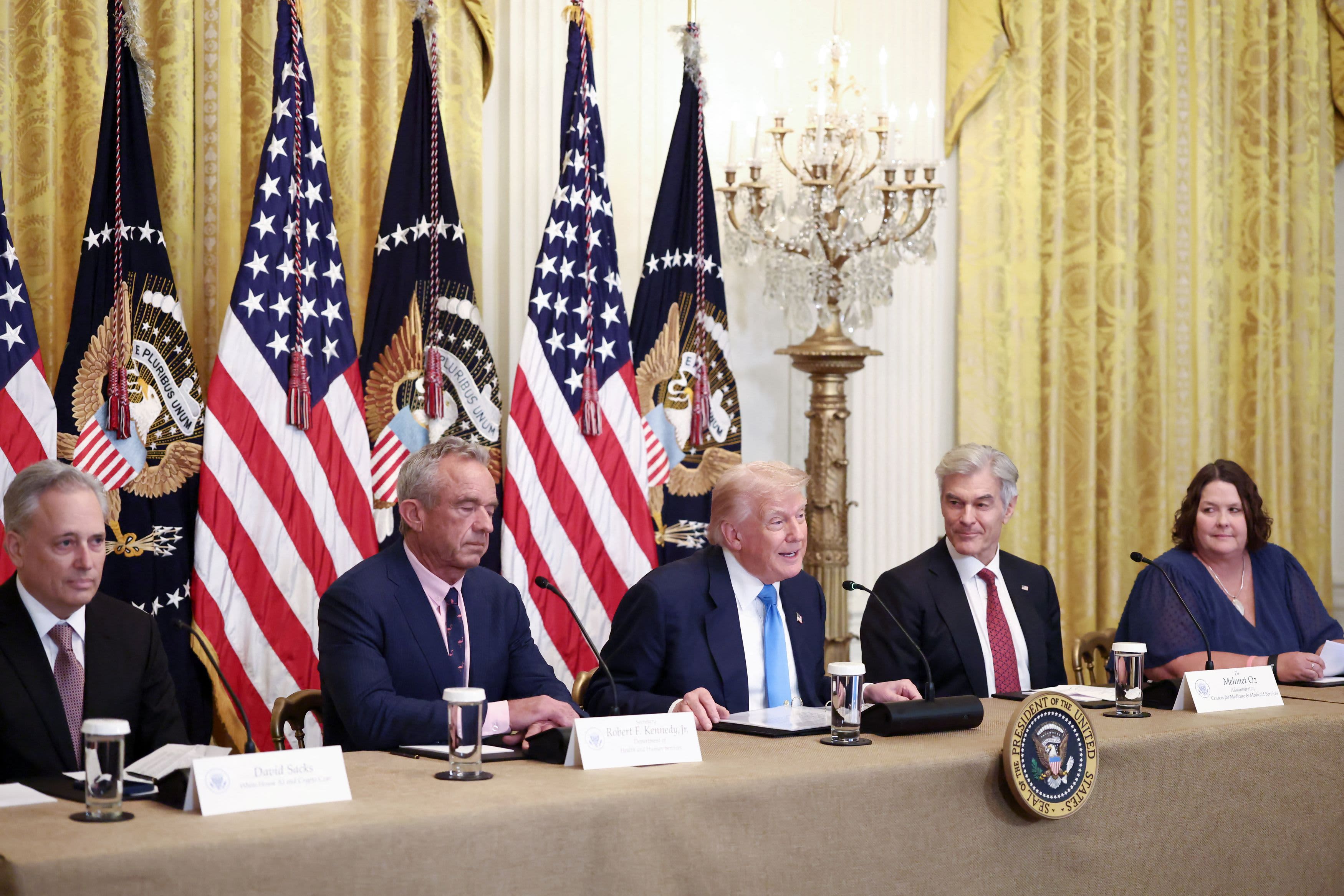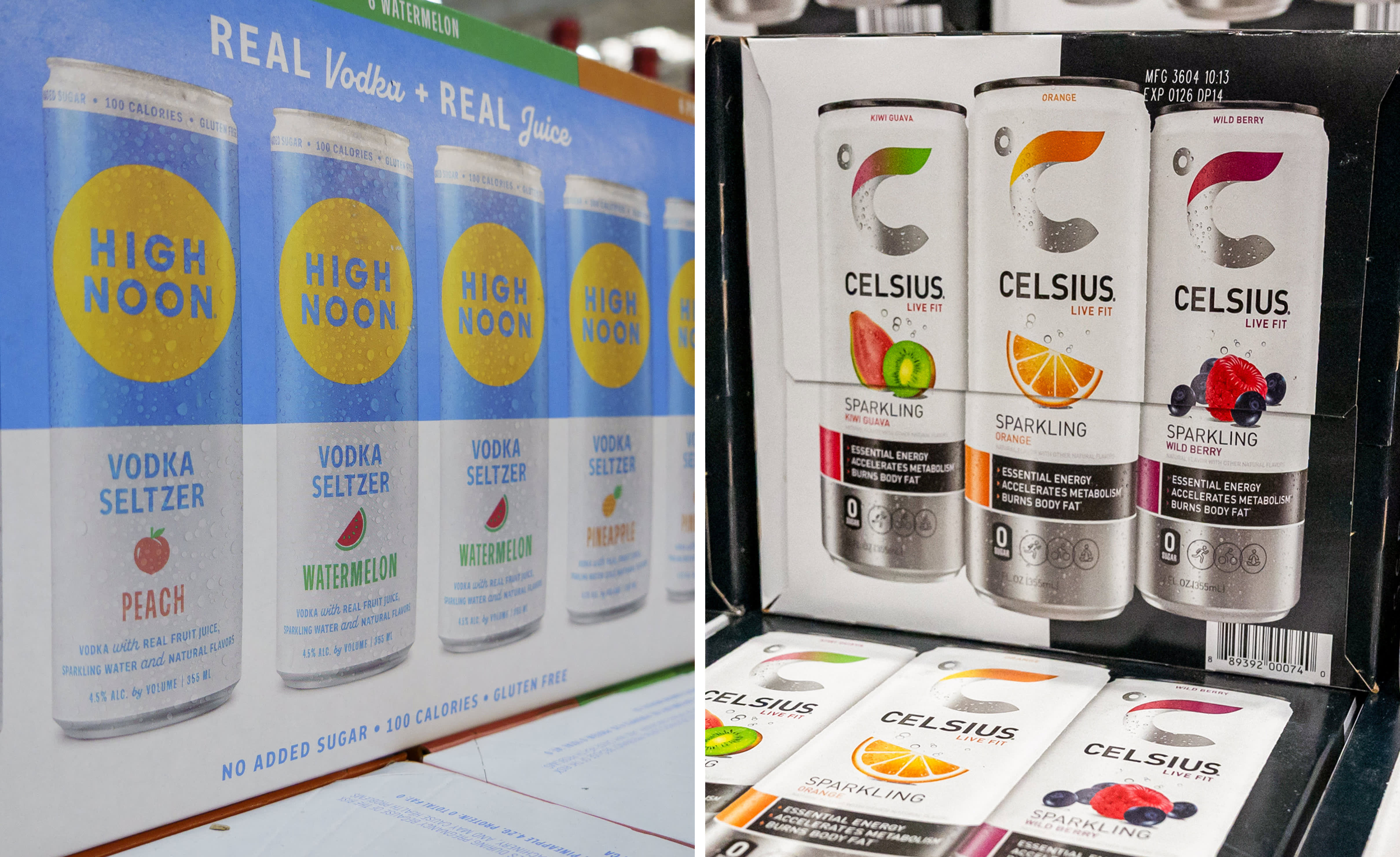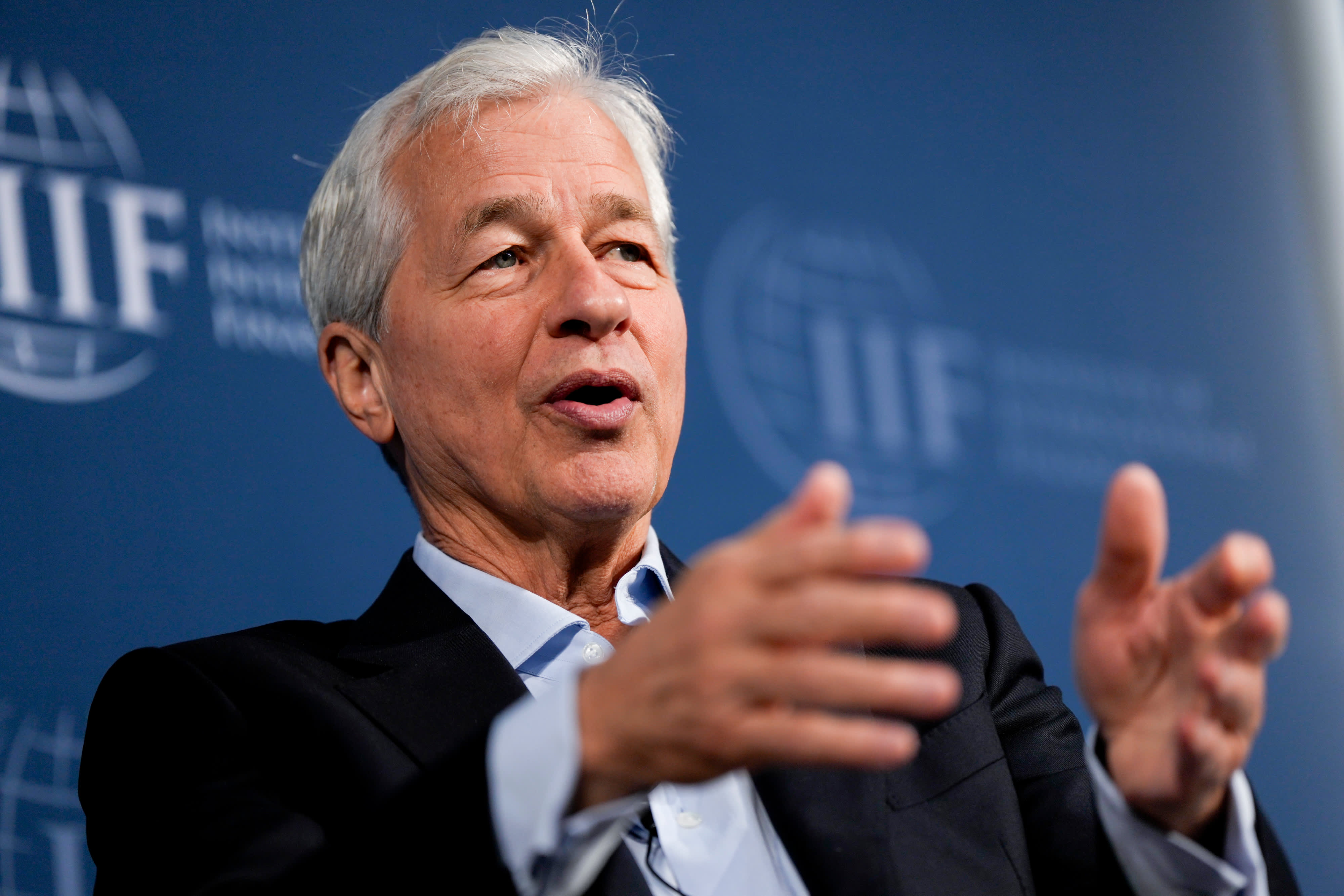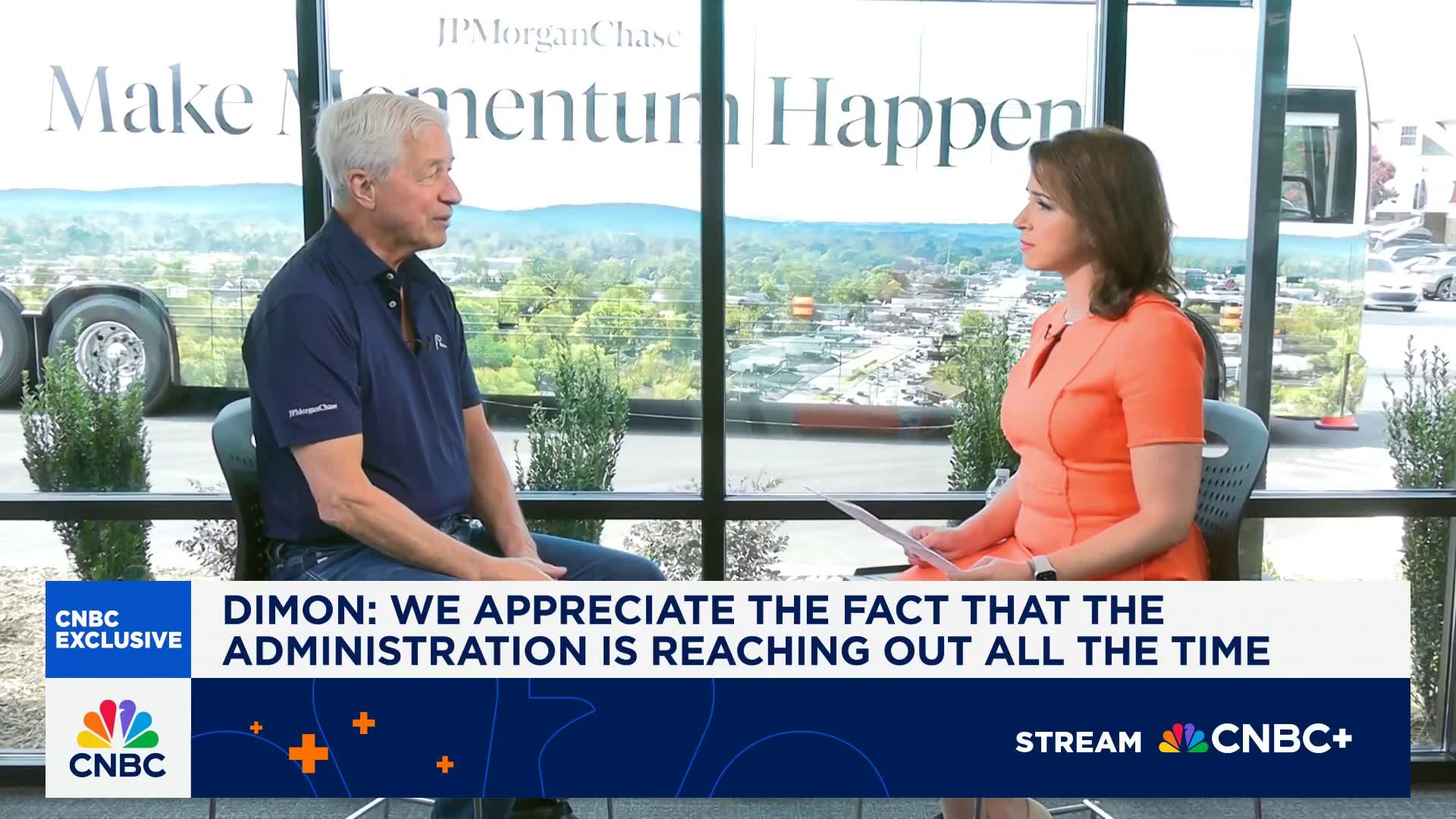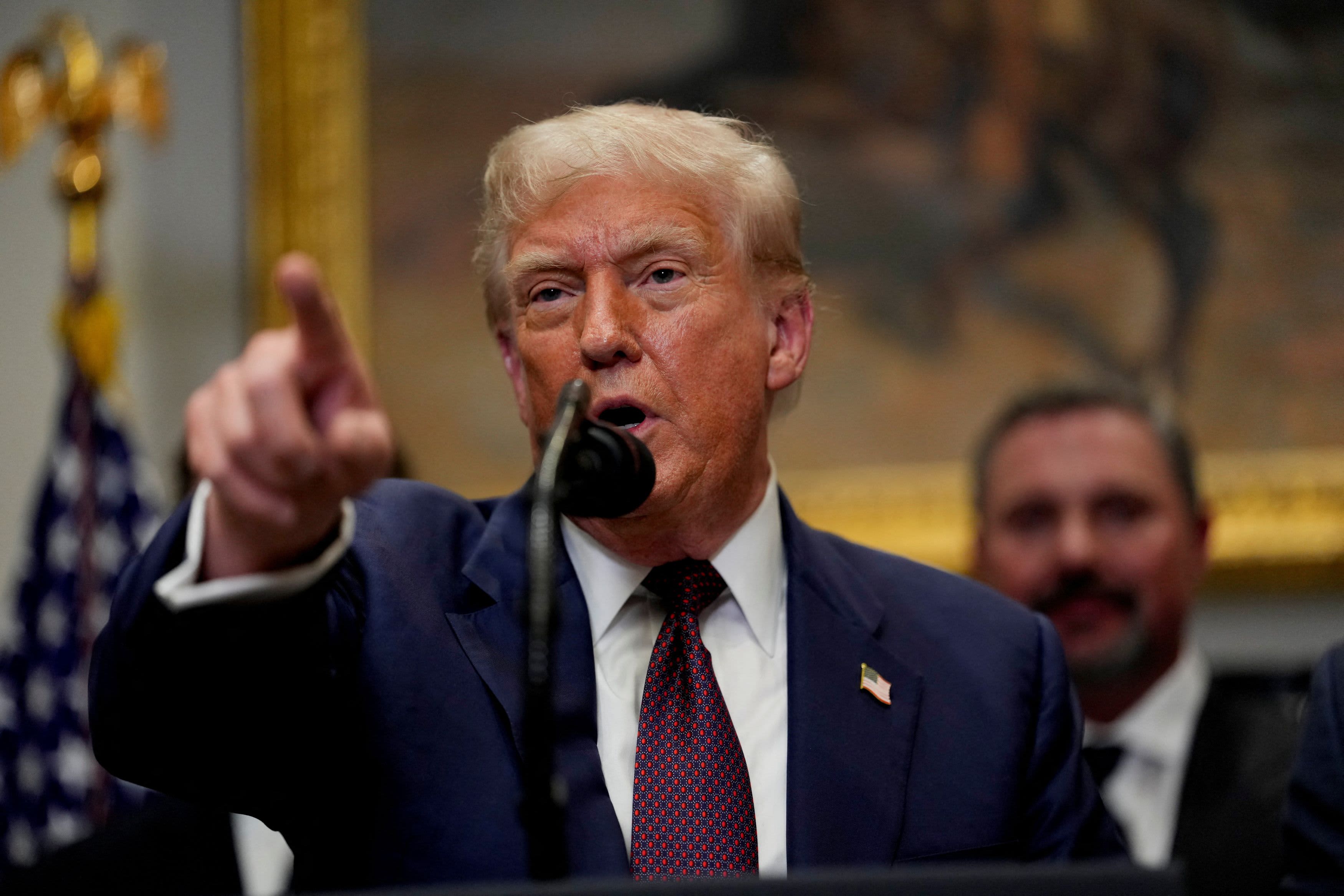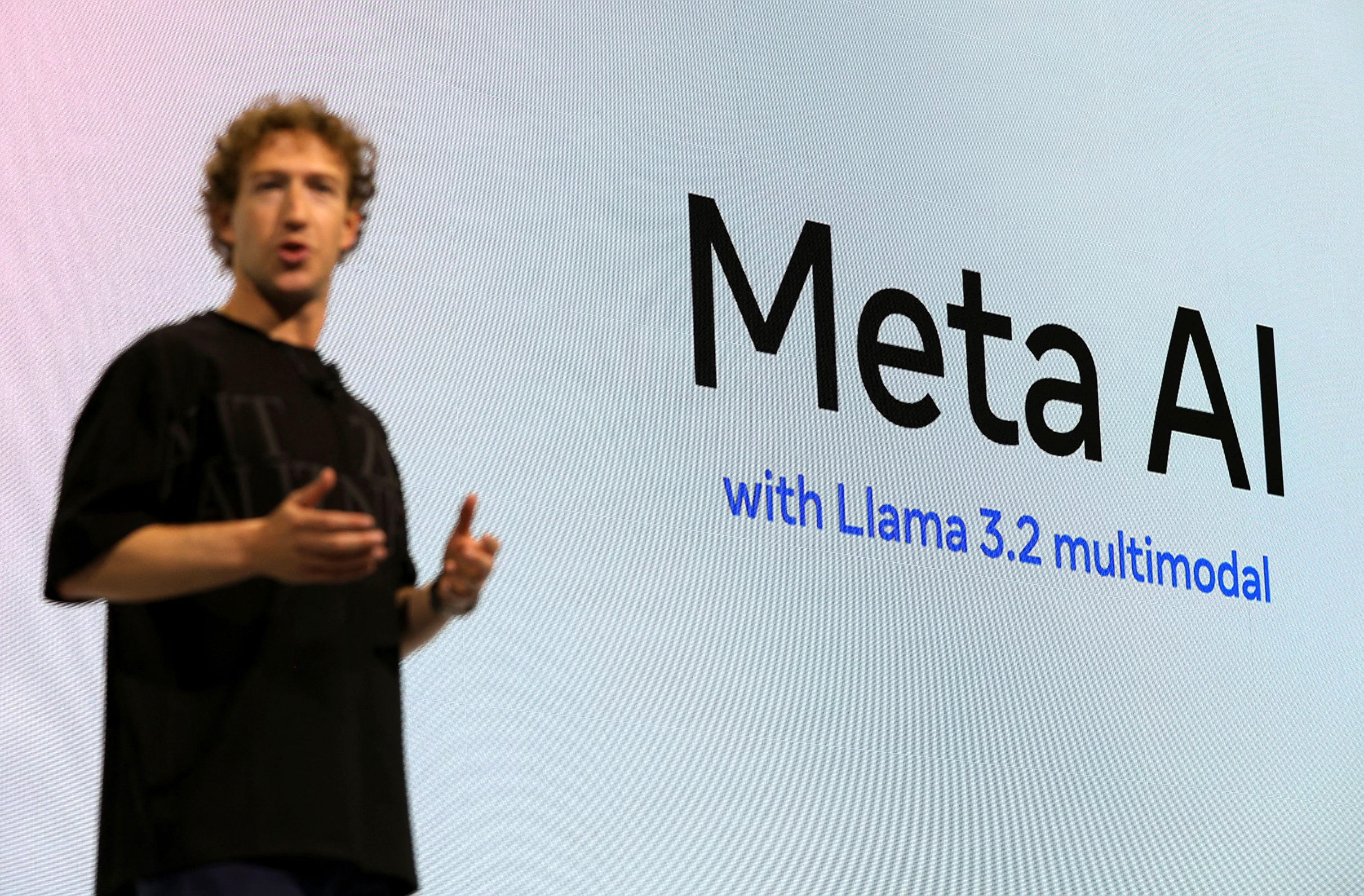Justin Sullivan | etty Images
The U.S. Justice Department on Tuesday sued Visa, the world’s biggest payments network, saying it propped up an illegal monopoly over debit payments by imposing “exclusionary” agreements on partners and smothering upstart firms.
Visa’s moves over the years have resulted in American consumers and merchants paying billions of dollars in additional fees, according to the DOJ, which filed a civil antitrust suit in New York for “monopolization” and other unlawful conduct.
“We allege that Visa has unlawfully amassed the power to extract fees that far exceed what it could charge in a competitive market,” Attorney General Merrick Garland said in a DOJ release.
“Merchants and banks pass along those costs to consumers, either by raising prices or reducing quality or service,” Garland said. “As a result, Visa’s unlawful conduct affects not just the price of one thing — but the price of nearly everything.”
Visa and its smaller rival Mastercard have surged over the past two decades, reaching a combined market cap of roughly $1 trillion, as consumers tapped credit and debit cards for store purchases and e-commerce instead of paper money. They are essentially toll collectors, shuffling payments between banks operating for the merchants and for cardholders.
Visa called the DOJ suit “meritless.”
“Anyone who has bought something online, or checked out at a store, knows there is an ever-expanding universe of companies offering new ways to pay for goods and services,” said Visa general counsel Julie Rottenberg.
“Today’s lawsuit ignores the reality that Visa is just one of many competitors in a debit space that is growing, with entrants who are thriving,” Rottenberg said. “We are proud of the payments network we have built, the innovation we advance, and the economic opportunity we enable.”
More than 60% of debit transactions in the U.S. run over Visa rails, helping it charge more than $7 billion annually in processing fees, according to the DOJ complaint.
The payment networks’ decades-old dominance has increasingly attracted attention from regulators and retailers.
Litany of woes
In 2020, the DOJ filed an antitrust suit to block Visa from acquiring fintech company Plaid. The companies initially said they would fight the action, but soon abandoned the $5.3 billion takeover.
In March, Visa and Mastercard agreed to limit their fees and let merchants charge customers for using credit cards, a deal retailers said was worth $30 billion in savings over a half decade. A federal judge later rejected the settlement, saying the networks could afford to pay for a “substantially greater” deal.
In its complaint, the DOJ said Visa threatens merchants and their banks with punitive rates if they route a “meaningful share” of debit transactions to competitors, helping maintain Visa’s network moat. The contracts help insulate three-quarters of Visa’s debit volume from fair competition, the DOJ said.
“Visa wields its dominance, enormous scale, and centrality to the debit ecosystem to impose a web of exclusionary agreements on merchants and banks,” the DOJ said in its release. “These agreements penalize Visa’s customers who route transactions to a different debit network or alternative payment system.”
Furthermore, when faced with threats, Visa “engaged in a deliberate and reinforcing course of conduct to cut off competition and prevent rivals from gaining the scale, share, and data necessary to compete,” the DOJ said.
Paying off competitors
The moves also tamped down innovation, according to the DOJ. Visa pays competitors hundreds of millions of dollars annually “to blunt the risk they develop innovative new technologies that could advance the industry but would otherwise threaten Visa’s monopoly profits,” according to the complaint.
Visa has agreements with tech players including Apple, PayPal and Square, turning them from potential rivals to partners in a way that hurts the public, the DOJ said.
For instance, Visa chose to sign an agreement with a predecessor to the Cash App product to ensure that the company, later rebranded Block, did not create a bigger threat to Visa’s debit rails.
A Visa manager was quoted as saying “we’ve got Square on a short leash and our deal structure was meant to protect against disintermediation,” according to the complaint.
Visa has an agreement with Apple in which the tech giant says it will not directly compete with the payment network “such as creating payment functionality that relies primarily on non-Visa payment processes,” the complaint alleged.
The DOJ asked for the courts to prevent Visa from a range of anticompetitive practices, including fee structures or service bundles that discourage new entrants.
The move comes in the waning months of President Joe Biden‘s administration, in which regulators including the Federal Trade Commission and the Consumer Financial Protection Bureau have sued middlemen for drug prices and pushed back against so-called junk fees.
In February, credit card lender Capital One announced its acquisition of Discover Financial, a $35.3 billion deal predicated in part on Capital One’s ability to bolster Discover’s also-ran payments network, a distant No. 4 behind Visa, Mastercard and American Express.
Capital One said once the deal is closed, it will switch all its debit card volume and a growing share of credit card volume to Discover over time, making it a more viable competitor to Visa and Mastercard.




